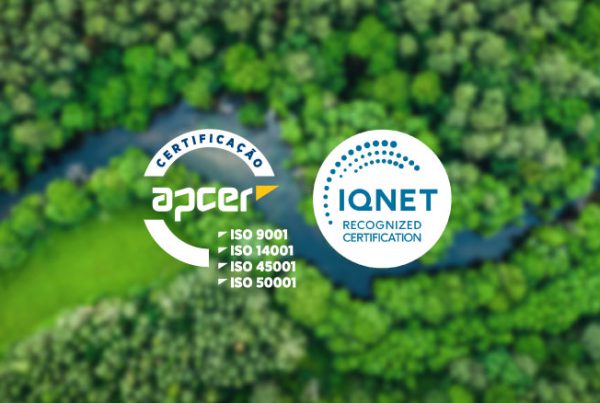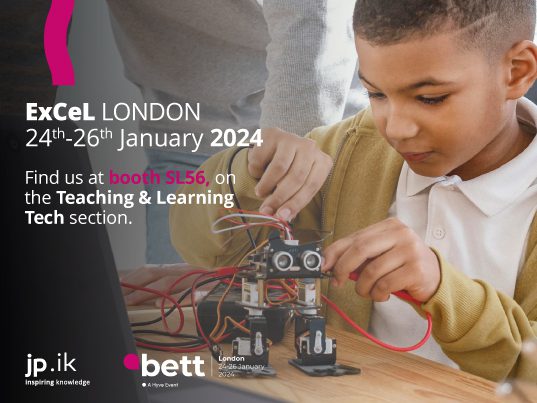Digital Literacy and e-Inclusion are two of the great themes that will define the next ten years for the Edtech area. This binomial Digital Literacy/ e-Inclusion promotes the empowerment of communities – community to community, country to country – as the commitment to implementation of national education initiatives with a strong technological component gains ground.
As the governments’ stake and commitment towards the implementation of national education initiatives grow, the digital divide between communities decreases.
In fact, digital literacy is understood as a core element of school curricula.
In this context of promoting digital literacy and e-Inclusion, programming is growing as a vital discipline and, of course, a core competency for professionals of the 21st century.
On the one hand, while digital literacy is not transversally guaranteed to communities, it should be integrated curricula.
Digital literacy is thus essential for the students’ learning experience and for the development of their skills, since it is indisputable that technology is used in our professional activities regardless of the areas to which we dedicate ourselves.
On the other hand, and with the importance of programming in sight, it is fundamental that computer science be more accessible to teachers and students. This is because, to a large extent, teachers have not yet understood how to effectively include programming in their school curricula.
It is with this binomial in view – Digital Literacy and e-Inclusion – that education projects such as the Quipus Project in Bolivia or the Digital Literacy Program in Kenya have taken shape and become a reality.
It is with this binomial in view and with the well-defined goal of ensuring sustainable global development, that jp.ik continues to believe in the importance of our education projects and the unique change they bring to the communities in which they are implemented.



